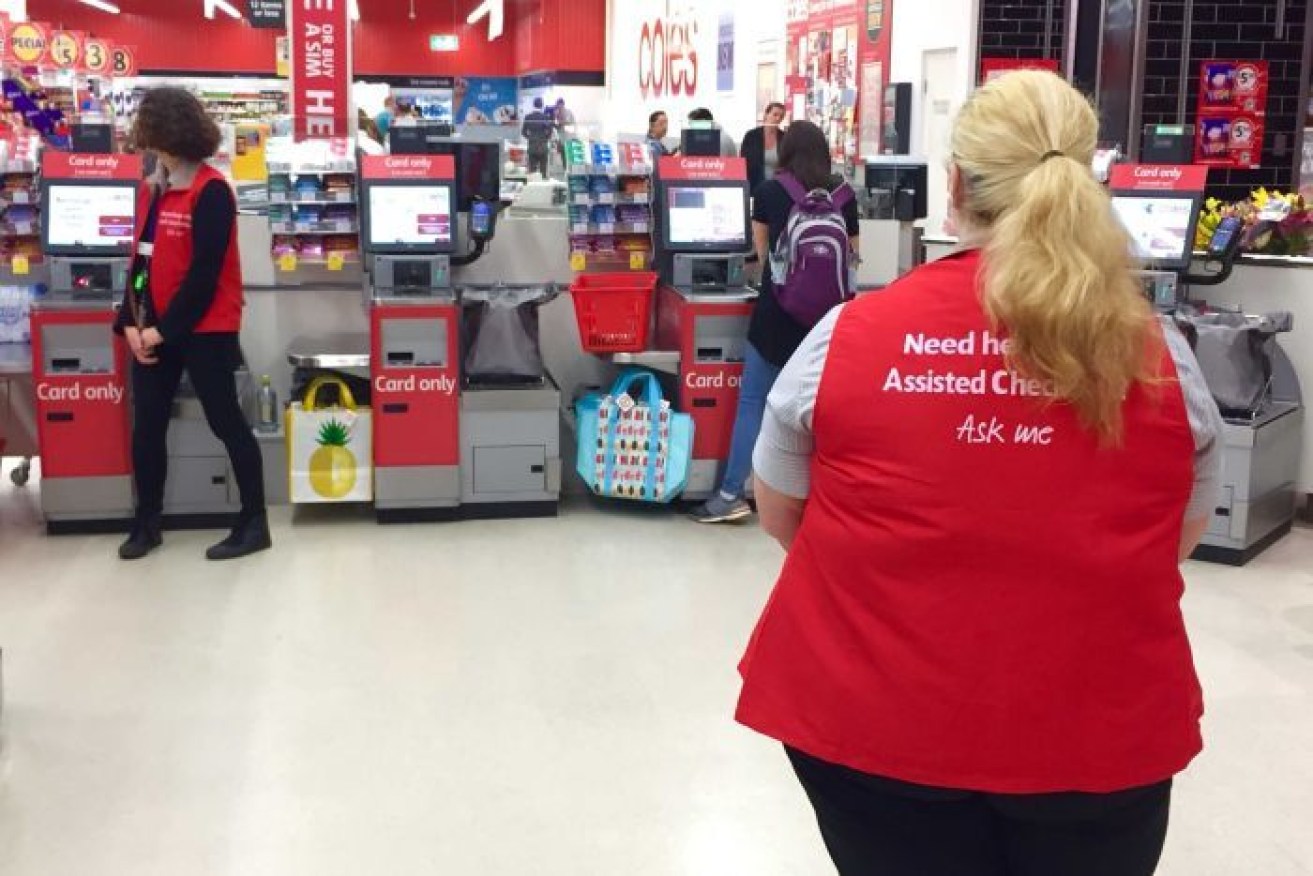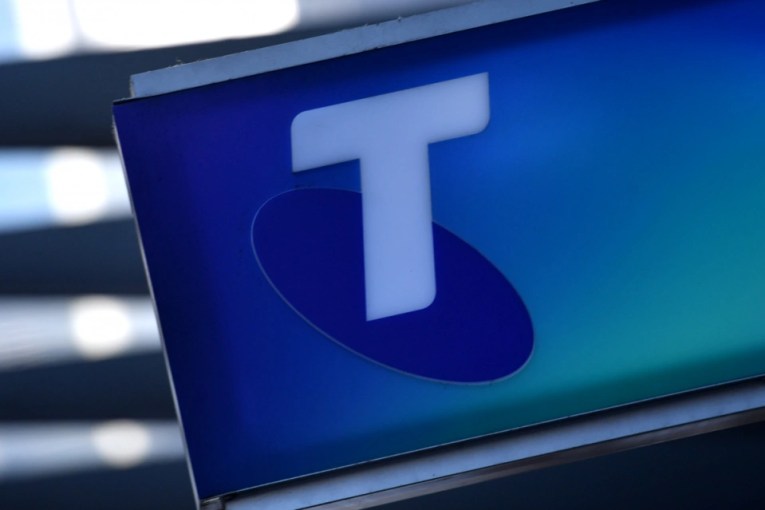How Australians justify stealing in supermarkets


A study claims one third of shoppers are pinching from supermarkets. Photo: ABC
A criminologist has detailed the psychology behind how one-third of shoppers justify stealing from big supermarkets – and it gives them something in common with armed robbers.
On Thursday, Coles announced a new crackdown on supermarket shoplifting, in conjunction with the New South Wales Police and the National Retailers Association of Australia.
A spokeswoman for Coles told media the supermarket had caught 22,000 shoplifters last year, with half that number busted using dodgy self-checkout methods.
Murray Chaplin of the NSW Police said the huge number of incidents suggested people did not consider the behaviour to be immoral.

A lot more expensive items are going through as onions. Photo: AAP
“I don’t think people understand the seriousness of it,” he said.
“If you get caught, the police will come down and you will get charged.
“Shoplifting is shoplifting … even if it’s an avocado and you’re saving $2, it’s still stealing.”
NSW Police announced it would be introducing plain-clothed officers at supermarket checkouts this summer.
Coles’ representative Martine Alpins said the supermarket was forced to incorporate losses from shoplifting into its prices, meaning everyone paid the price.
“It’s really disappointing because the majority of our customers are doing the right thing,” she said.
But Dr Emmeline Taylor from the Australian National University said her research suggested shoppers use a number of justifications for their five-finger discounts.
A lack of accountability
Jacqueline Lam of the National Retail Association said theft cost the industry $4.5 billion per year, or two per cent of turnover.
But despite shoplifting technically being a crime, criminologist Dr Taylor said a feeling of disassociation helped many of us to justify swiping avocados as carrots, or simply putting them in our pockets.
“Most people don’t think they’re stealing, they just think they’re playing the system,” she told The New Daily.

The fewer humans present in store, the easier the justification. Photo: Getty
“Because there’s no human interaction [at the self-service checkout], they don’t get the same feelings of guilt.”
Dr Taylor’s 2016 study incorporated surveys from around the world, finding one-third of respondents admitted to shoplifting regularly.
In Australia, she suggested the reigning duopoly of Coles and Woolworths contributed to feelings of customer resentment.
“Some people believe that supermarkets are the real criminals, for paying farmers so little and making such big profits,” she said.
“They think, ‘When they start to act ethically, I will too’.”
Dr Taylor compared her findings with an earlier study she conducted on armed robbers – finding they targeted larger conglomerates rather than independent stores, just as most shoppers would not steal from a local corner store.
‘It’s not stealing if I pay’
The era of self-service checkouts has saved supermarkets lots of money.

Self-service is a godsend for supermarkets fighting a price war. Photo: AAP
In April this year, IBISWorld Data revealed Woolworths’ wage expenditure compared to profit would fall 9.5 per cent this year, however those numbers also reflect the big chains’ decision to hire younger, cheaper staff in their price war.
Dr Taylor said the ability for shoppers to choose cheaper options for loose items also helped them justify stealing.
“They think, ‘I’m paying something, I’m just getting a bit of a discount’,” she said.
And despite the cliché of shoplifters being young, Dr Taylor said her study revealed a surprising breadth in offenders.
“It’s everyone,” she said.
“Young and old, there’s no standout demographic.”








